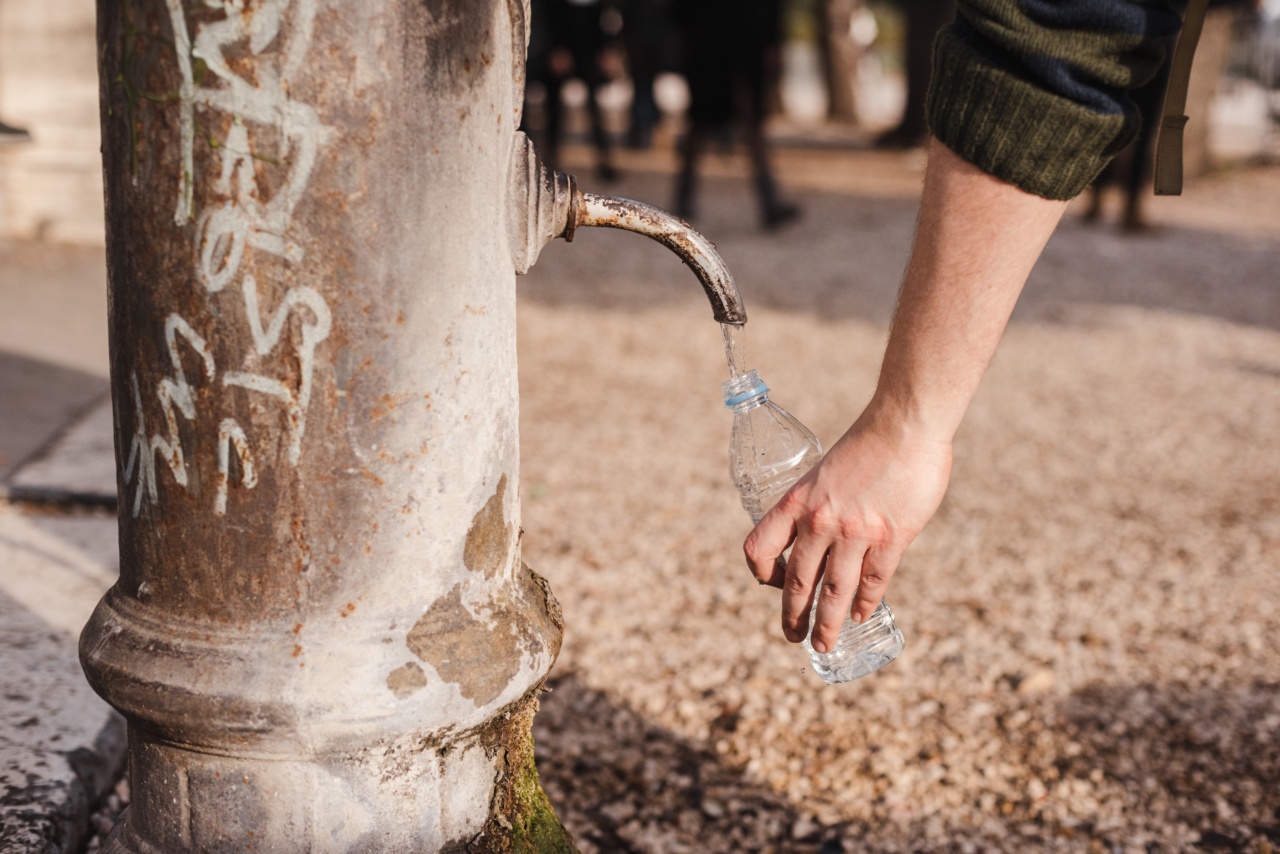Plastic is one of the most commonly used materials in the world, especially when it comes to packaging. Plastic bottles are convenient for carrying water or other beverages, but if they are not used properly, they can pose a number of health risks.
Here are 30 reasons why you should avoid drinking water from sun-exposed plastic bottles:.
1. Chemical Leaching
When plastic bottles are exposed to sunlight, the heat can cause chemicals to leach into the water. This can make the water dangerous to drink.
2. BPA Exposure
BPA is a chemical that is commonly found in plastic water bottles. When these bottles are exposed to sunlight or heat, the BPA can leach into the water, which can cause health problems in humans.
3. Increased Risk of Cancer
Studies have shown that exposure to BPA can increase the risk of cancer. If you drink water from sun-exposed plastic bottles, you may be exposing yourself to this harmful chemical.
4. Endocrine Disruption
BPA can also disrupt the endocrine system, which can cause a number of health problems, including reproductive issues.
5. Hormonal Imbalance
BPA exposure can lead to hormonal imbalances, which can negatively impact your health.
6. Reduced Fertility
Studies have shown that BPA exposure can reduce fertility in both men and women.
7. Birth Defects
BPA exposure during pregnancy can increase the risk of birth defects in newborns.
8. Asthma and Allergies
BPA exposure has been linked to an increased risk of asthma and allergies in children.
9. Neurological Issues
Exposure to BPA can also cause neurological issues, including cognitive impairment and behavioral problems.
10. Obesity
Some studies have linked BPA exposure to obesity in adults.
11. Increased Blood Pressure
BPA exposure can also increase blood pressure, which can lead to heart disease and other health problems.
12. Liver Damage
BPA exposure can also damage the liver, which can cause a number of health problems.
13. Kidney Problems
Exposure to BPA can also cause kidney problems, including increased urination and impaired kidney function.
14. Thyroid Problems
BPA exposure can also impact thyroid function, which can lead to a number of health problems.
15. Dioxin Exposure
Dioxins are chemicals that can be released when plastic bottles are exposed to high temperatures. These chemicals are dangerous and can cause a number of health problems, including cancer, reproductive issues, and hormonal imbalances.
16. Phthalate Exposure
Phthalates are chemicals that are often found in plastic water bottles. These chemicals can leach into the water and cause a number of health problems, including reproductive issues and neurological problems.
17. Reduced Immunity
Exposure to phthalates can also reduce immunity and make you more susceptible to infections and illnesses.
18. Reduced Sperm Count
Phthalate exposure has been linked to reduced sperm count in men.
19. Respiratory Issues
Exposure to phthalates can also cause respiratory issues, including asthma.
20. Decreased IQ
Studies have shown that exposure to phthalates can lead to decreased IQ in children.
21. Increased Risk of Diabetes
Phthalate exposure has been linked to an increased risk of diabetes.
22. Increased Risk of Heart Disease
Exposure to phthalates has also been linked to an increased risk of heart disease.
23. Increased Risk of Cancer
Phthalate exposure has been linked to an increased risk of cancer.
24. Microplastic Ingestion
Exposure to plastic bottles can also lead to the ingestion of microplastics, which can be harmful to human health.
25. Environmental Impact
Plastic bottles have a significant environmental impact. When they are not disposed of properly, they can pollute the environment and harm wildlife.
26. Waste of Resources
Plastic bottles are made from non-renewable resources, and using them for disposable purposes is a waste of those resources.
27. Better Options Available
There are better options available for carrying water, such as reusable water bottles made from stainless steel or glass.
28. Cost Effective
Using reusable water bottles is cost-effective in the long run, as you do not have to keep purchasing disposable plastic bottles.
29. Reduces Carbon Footprint
Using reusable water bottles can also help to reduce your carbon footprint.
30. It’s Healthier
Ultimately, using a reusable water bottle is healthier for you and the environment than drinking water from sun-exposed plastic bottles.





























